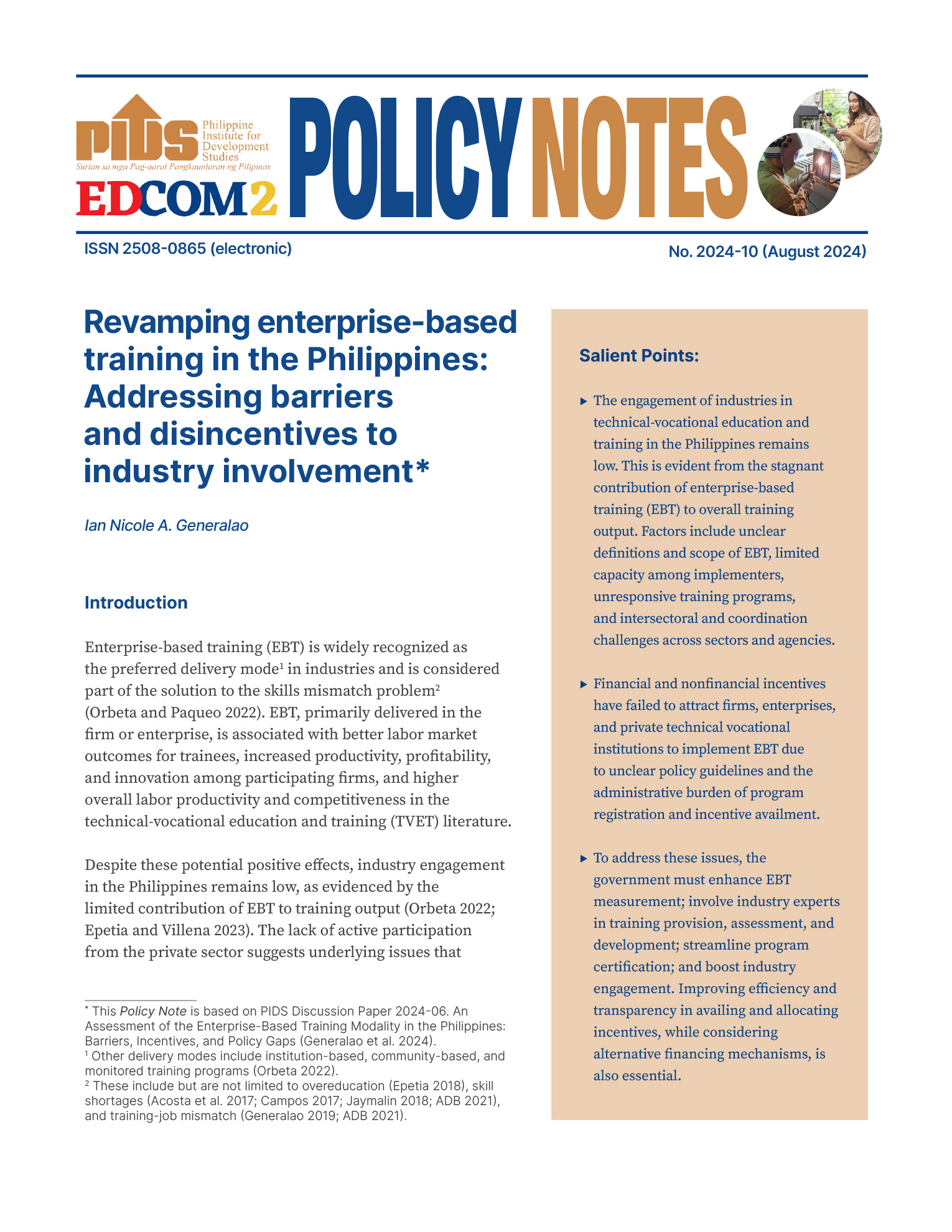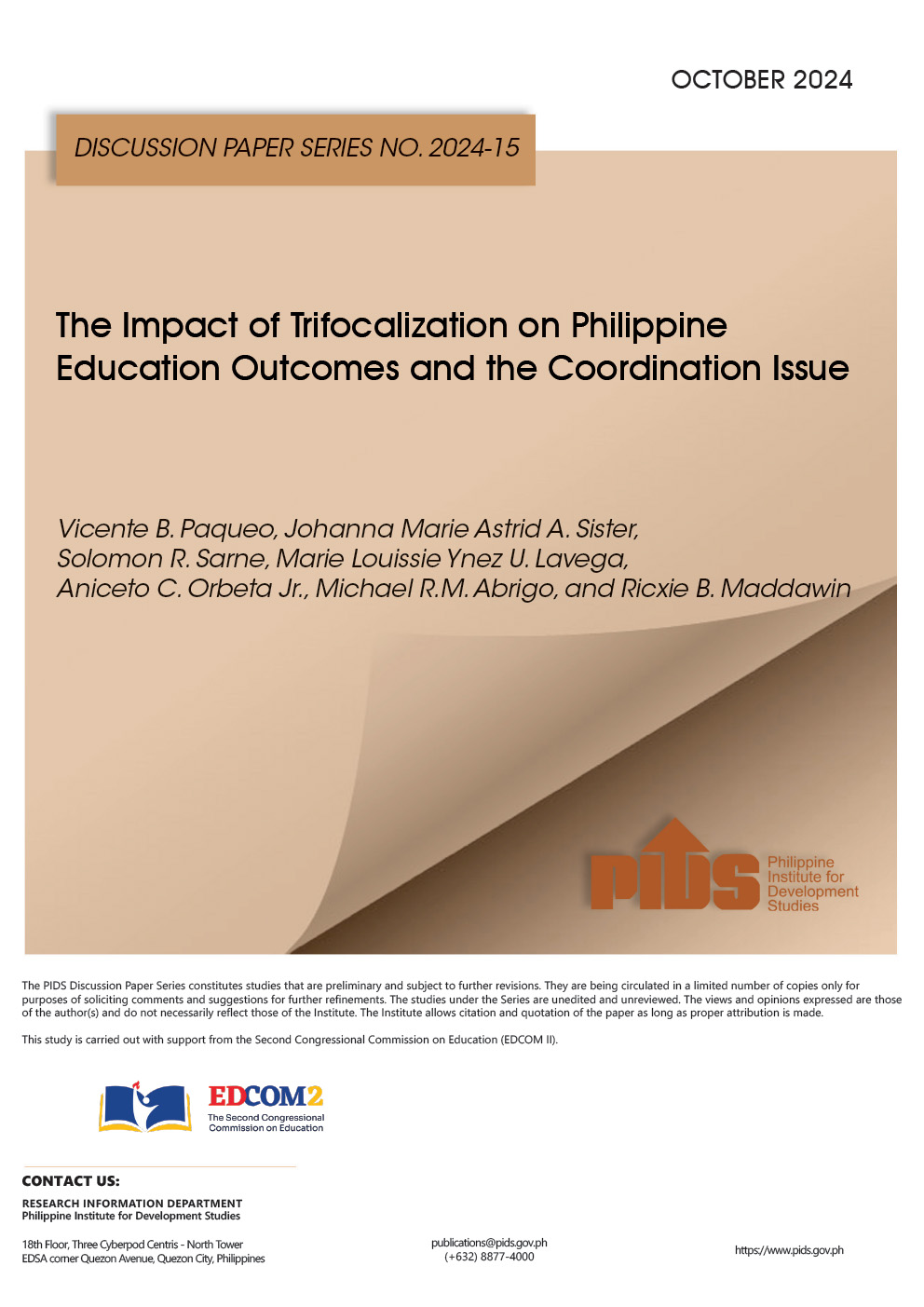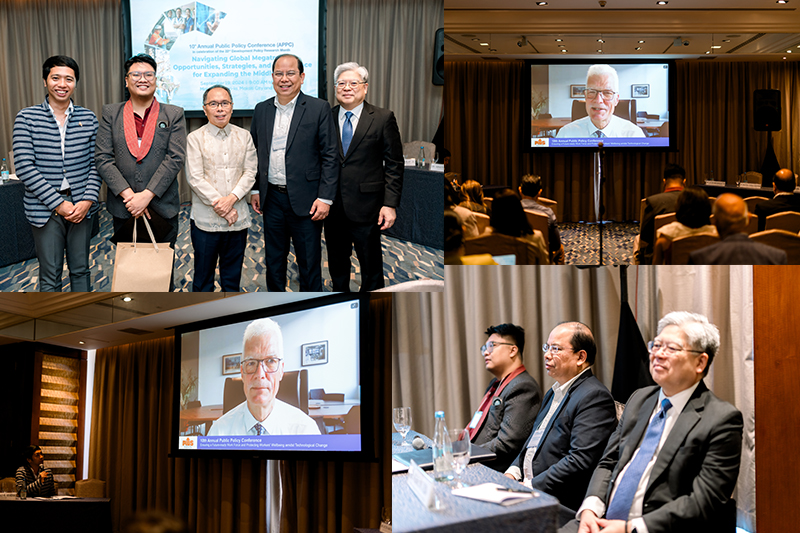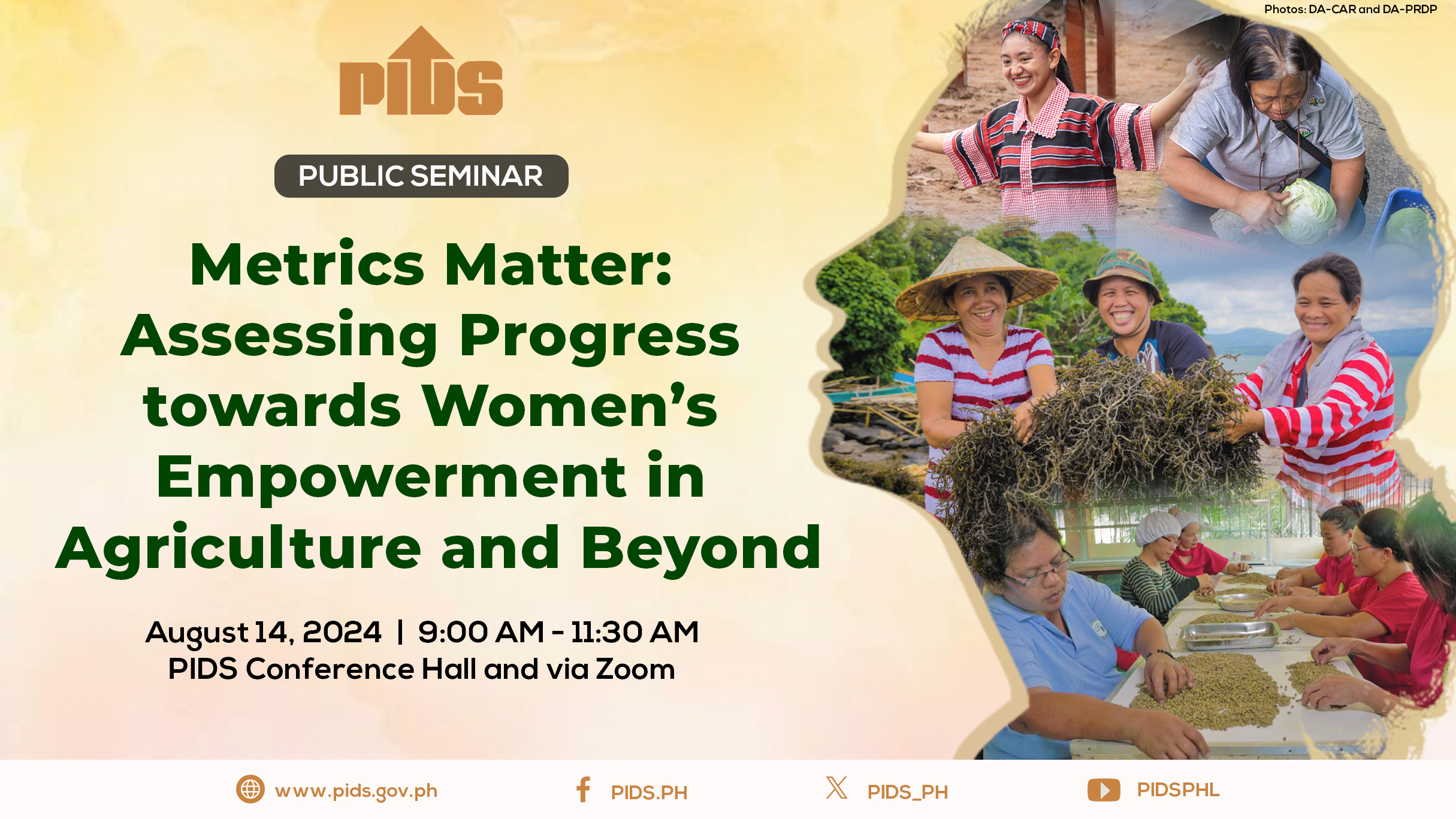WOMEN, who value the flexibility and freelancing opportunities in digital jobs, face discrimination and lower wages in platform work, according to the findings of a study released by the Philippine Institute for Development Studies (PIDS).
The PIDS study was conducted by Paul John M. Peña, Research Associate and Consultant at the De La Salle University Angelo King Institute, and Master of Science in Economics student Vince Eisen C. Yao.
According to Peña and Yao, while men and women have the same opportunities online, more women are enrolled in digitaljobsPH courses. But cultural barriers restrict women to less complex and low-paying jobs.
“Some perceptions about the competencies and competitive advantages of women platform workers can be attributed to traditional gender roles, which a perceived gender pay gap can only reinforce rather than address or mitigate,” the authors said.
Peña and Yao noted misconceptions in terms of the skills and abilities of women platform workers. In their study, they found these misconceptions include: women were more suited for “less complex digital work such as encoding is more suitable for women than more complex, value-added jobs online that are better suited to male freelancers.”
Part of this is the claim of one of their respondents who said it was “easier for women to encode, for example, than to think of digital designs.” A respondent in the study even said it was easier to teach women to encode using Microsoft Word since this is accessible in many more places.
Further, there were misconceptions that women do not have the ability to teach tech-related jobs and that women were more suited for general virtual assistance, infographic design, and social media management related jobs.
Citing report, Peña and Yao noted that women earn 18.4 percent less than men, indicating that the gender wage gap exists even in digital jobs.
“A national awareness and education campaign on the mode, content, and location of work, with a strong gender lens, could make online freelancing more mainstream, particularly in rural communities where women’s perceptions may still limit them in traditional social and domestic roles,” the authors recommended.
They also cited a need for the Department of Education (DepEd) and the Commission on Higher Education (CHED) to redefine “successful careers” which should not be relegated to the confines of corporate work.
This can be done through basic education textbooks that can introduce narratives of successful women pursuing platform jobs without sacrificing their role in the care and upbringing of their children.












